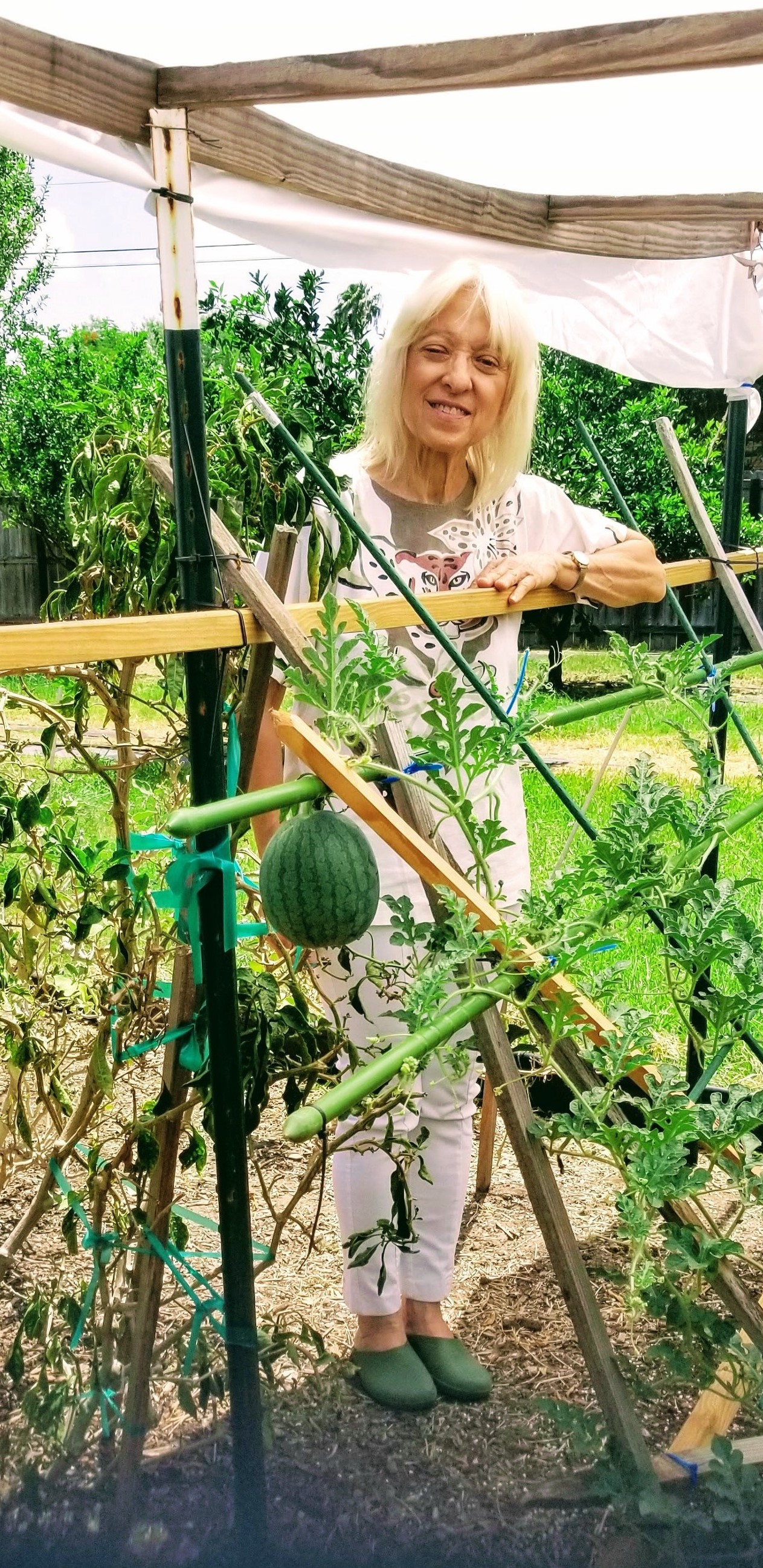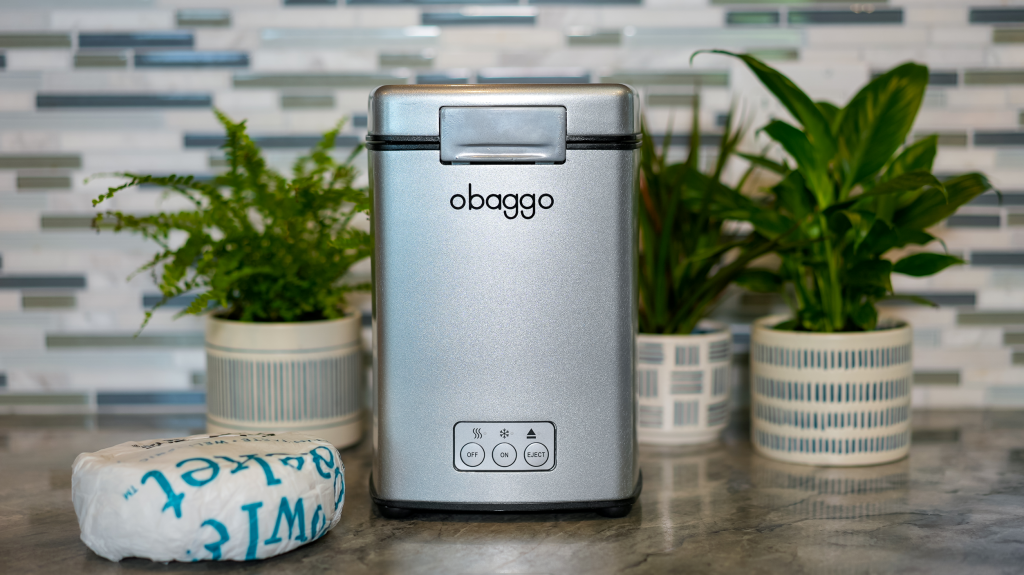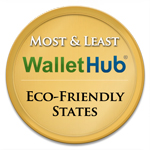
As we all know, inflation has really increased the price of food. Many people have turned to home gardening to grow their own food. Many have tried this and have been really successful. But others struggle to produce food in their own garden. What do you need to know to create a successful vegetable garden to grow your own food? In this interview series, called “5 Things You Need To Know To Create A Successful Vegetable Garden To Grow Your Own Food” we are talking to experts in vegetable gardening who can share stories and insights from their experiences.
As a part of this series, we had the pleasure of interviewing Debra Atlas.
Asn environmental journalist, author, newspaper columnist, writer-for-hire, professional speaker and blogger, Debra Atlas focuses on critical environmental, conservation, agricultural and sustainability issues. She has been an avid home organic gardener for over 40 years, always working to improve her skill level and to expand biodiversity in her gardens. Debra’s mission is to inform, educate and inspire.
Thank you so much for joining us in this interview series! Can you share the most interesting story that happened to you since you began your career?
I became a freelance environmental journalist / writer in 2008. I also started my blog envirothink around that same time. Some of my blog posts caught the attention of a representative of the Costa Rican eco-tourism industry. She reached out to me to ask if I wanted to come to Costa Rica and 1) attend and blog at the 1st annual People Planet Peace conference and 2) to be a guest (for free!) at three eco-tourist hotels and blog about them. It was an incredibly exciting opportunity and so much fun! Like all the best opportunities throughout my career, this one fell into my lap without my seeking it. I love those!!
You are a successful leader. Which three character traits do you think were most instrumental to your success? Can you please share a story or example for each?
The three most important character traits instrumental to my success have been:
a. Tenacity
b. An unwillingness to accept “no”
c. Being a very good listener
Click here for the rest of the interview Don’t miss some great stuff!
Continue readingFiled under: Gardening | Tagged: environmental, gardening, organic gardening, vegetable garden | Leave a comment »





 The controversy of GMO versus non-GMO continues. The state of Vermont appears to be a pivotal factor in getting food manufacturers to finally begin labeling their products despite the huge pushback and enormous amounts of money thrown against the mandatory labeling fight.
The controversy of GMO versus non-GMO continues. The state of Vermont appears to be a pivotal factor in getting food manufacturers to finally begin labeling their products despite the huge pushback and enormous amounts of money thrown against the mandatory labeling fight. I recently wrote a
I recently wrote a 




